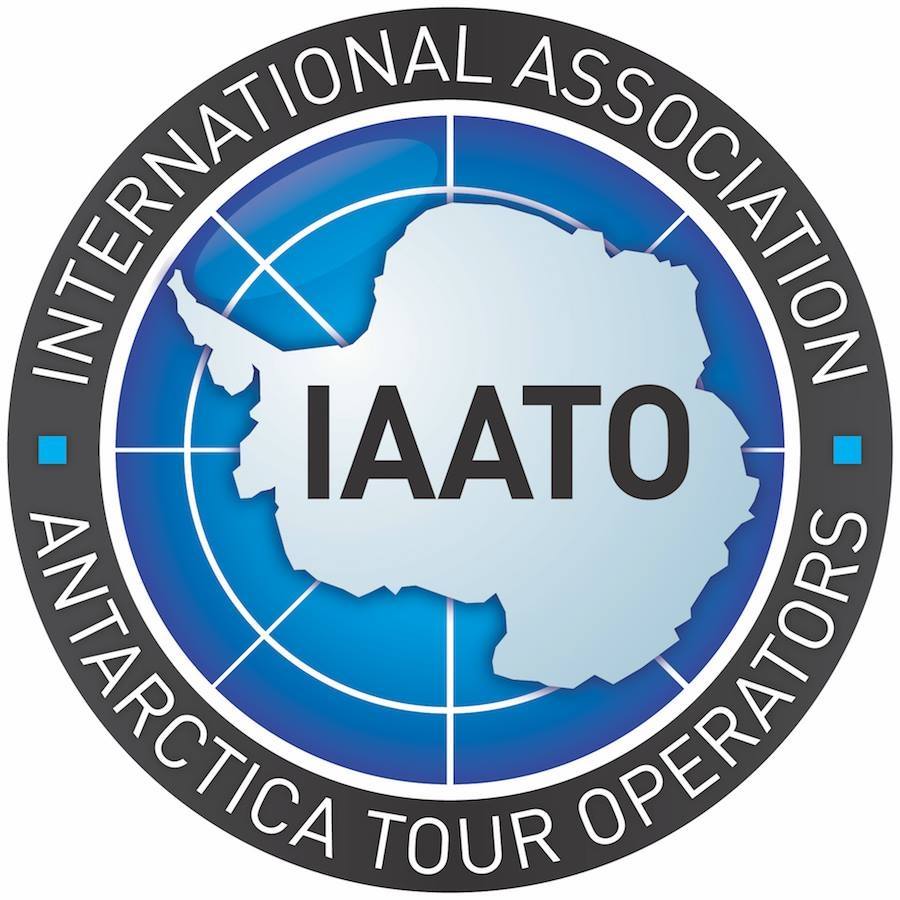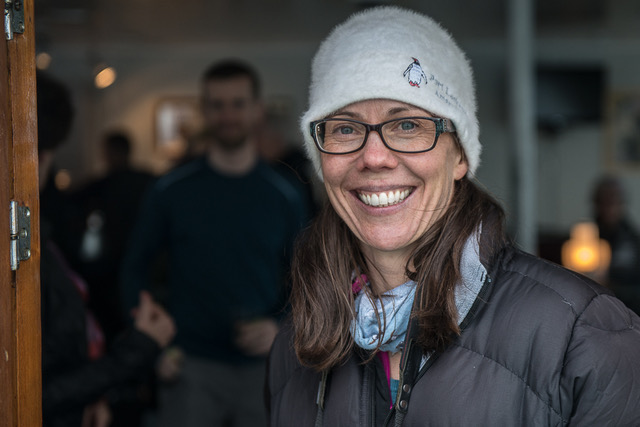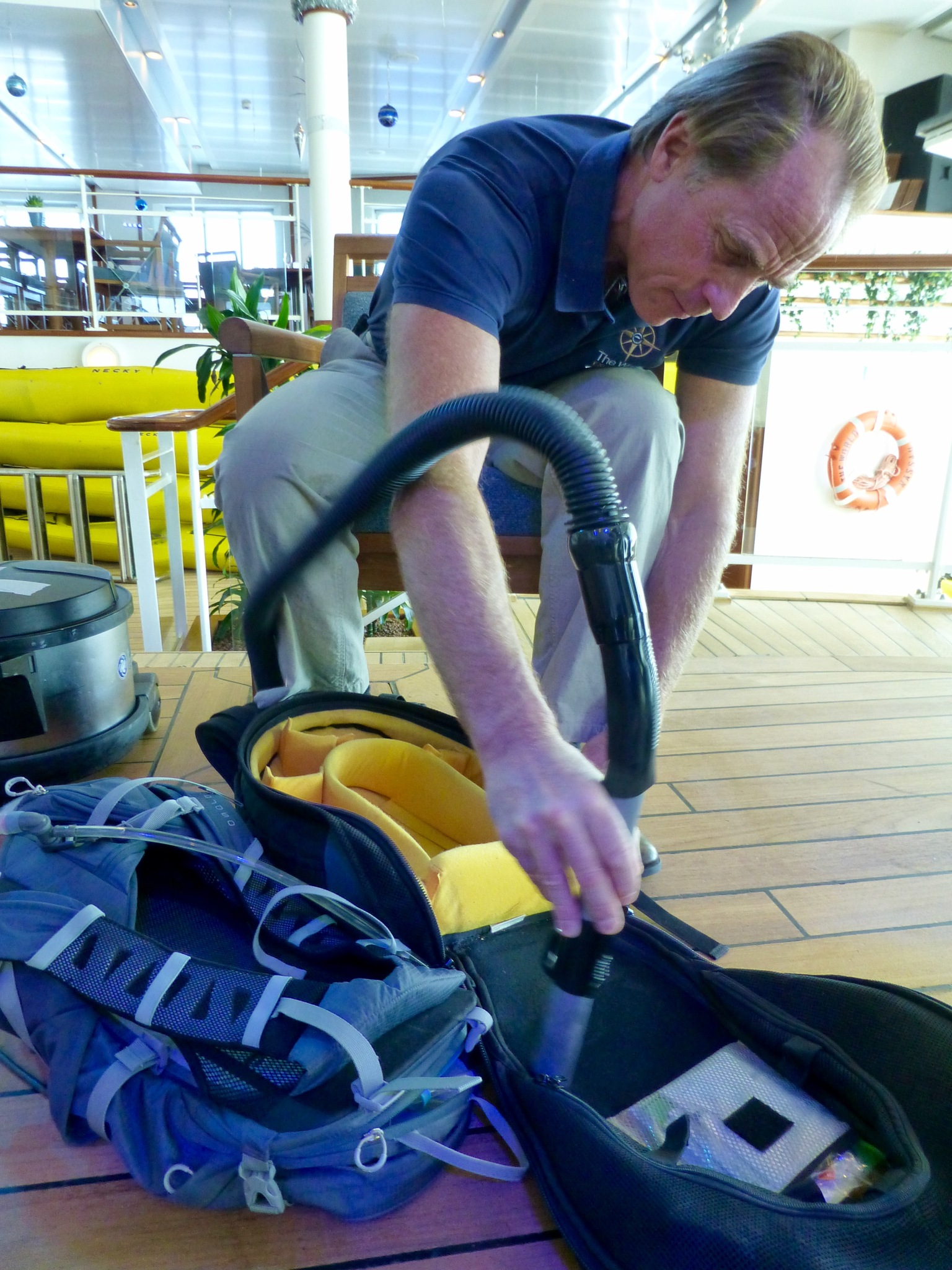
The International Association of Antarctica Tour Operators (IAATO) is a non-profit member organisation that advocates and promotes the practice of safe, environmentally responsible private-sector travel to Antarctica. Founded in 1991 by seven established Antarctic operators, IAATO is today comprised of more than 100 respected companies from across the world. They are united by a commitment to plan their activities to have no more than a minor or transitory impact on the environment and to create a corps of ambassadors for the region’s continued protection.
IAATO benefits from having a diverse membership but is largely a vibrant seafaring community with a deep affection for the Southern Ocean and the creatures that rely upon it. For the majority of people travelling to Antarctica or the sub-Antarctic, the spectacle of albatrosses and petrels signals the approach of a whole new world. Even seasoned travellers never fail to marvel at their grace and beauty as they glide between often-thunderous waves. They evoke mystery, wonderment and reflection. For field guides travelling on IAATO vessels, they also create learning opportunities for guests beyond lessons about the birds themselves. Their presence sparks discussions about conservation, poetry, history, invasive species, climate change and more. Many operators harness the power of citizen science to conduct seabird surveys, raise money for albatross conservation, financially support ACAP activities or carry researchers to remote field sites for censuses.

Amanda Lynnes, Director, Environment & Science Coordination, IAATO, photograph by Jeff Topham
Visiting Antarctica, the sub-Antarctic or any unique wilderness is a great privilege that comes with a shared responsibility to do so softly and with minimal impact. IAATO’s extensive operational procedures are shaped by obligations and desire to protect the places we visit. They are continually reviewed and updated, often in collaboration with external experts and governments. Mitigating the risk of introducing disease or invasive pests, the theme of this year’s inaugural World Albatross Day next month, is a priority. IAATO members acted to support the successful eradication of mice and rats from South Georgia (Islas Georgias del Sur)*, the world’s biggest project to remove invasive species to date, but work to keep the islands safe is ongoing. Preventing the introduction of pests from vessels or visitors requires following robust protocols that are a rite of passage for anyone travelling to Antarctica or the sub-Antarctic. We remain alert and responsive to what else we can do to reduce the risk further.

Cleaning kit aboard an IAATO tourist vessel, photograph courtesy of Kim Crosbie, IAATO
IAATO therefore embraces the arrival of World Albatross Day in 2020. This is the year which also marks 200 hundred years of Antarctic discovery meaning that for over two centuries, albatrosses have accompanied mariners as they voyaged across the Southern Ocean. This is a relationship we must never lose. IAATO upholds World Albatross Day as inspiration to foster global collaboration to save these iconic birds.
Amanda Lynnes, Director, Environment & Science Coordination, International Association of Antarctica Tour Operators, 25 May 2020, updated 26 May 2020
*A dispute exists between the Governments of Argentina and the United Kingdom of Great Britain and Northern Ireland concerning sovereignty over the Falkland Islands (Islas Malvinas), South Georgia and the South Sandwich Islands (Islas Georgias del Sur y Islas Sandwich del Sur) and the surrounding maritime areas.

 English
English  Français
Français  Español
Español